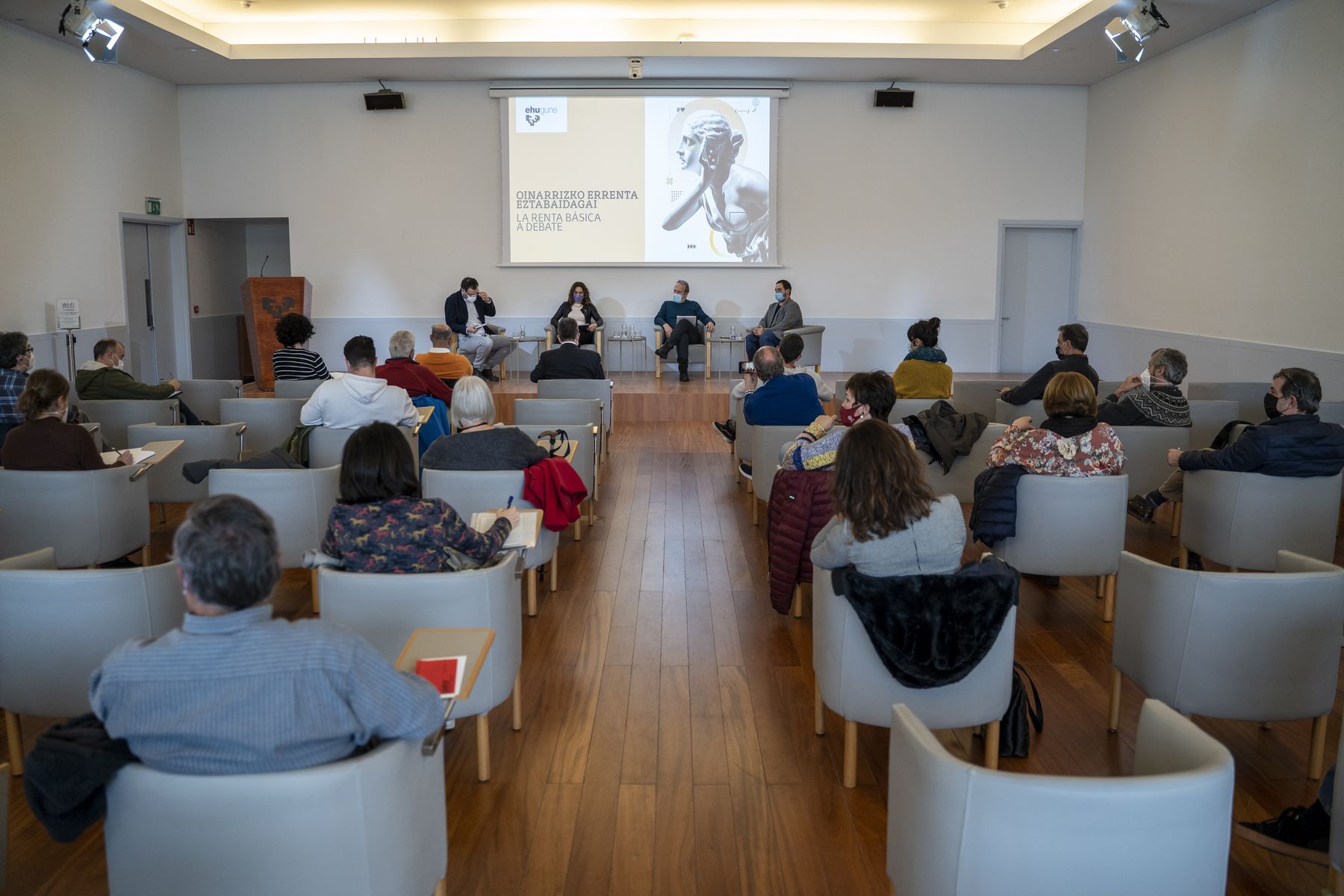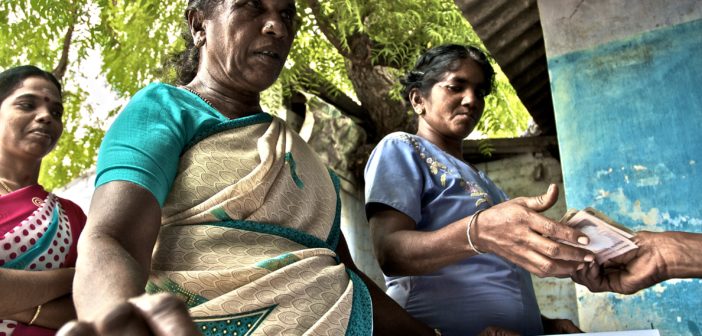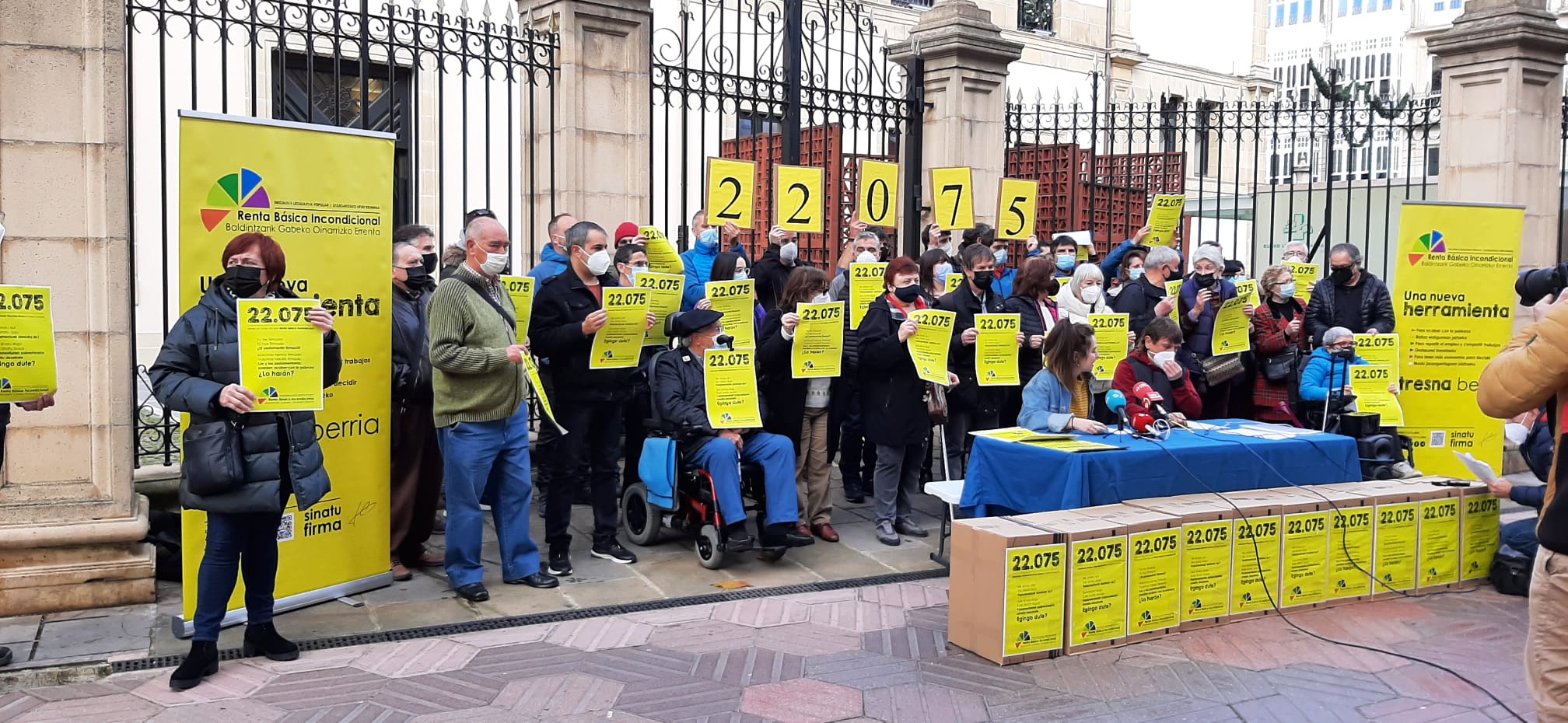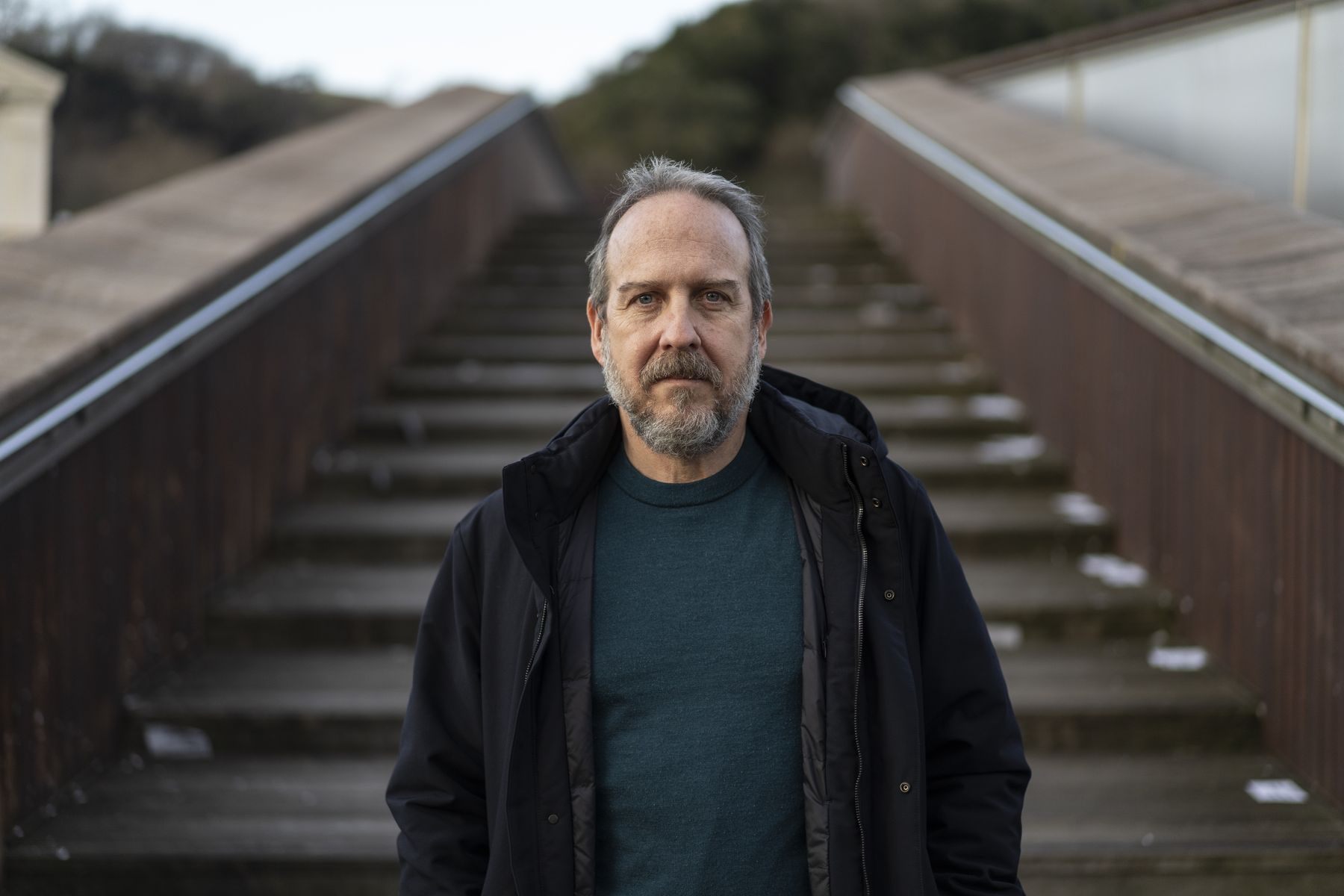The first steps of unconditional basic income in Catalonia
- Laura Vilagrá i Pons, advisor to the Generalitat, and Sergi Raventós, have brought the debate on the universal basic income of Catalonia to Euskal Herria. On 25 February the two Catalans, together with the researcher Julen Bollain, were at the Bizkaia Aretoa of the UPV/EHU in Bilbao, around the EU and the Catalan project. This debate, however, took place in the Spanish State a few years ago, after the founding of the Podemos party, but it soon collapsed to open doors to other issues. But what is the Universal Basic Income? And is it applicable in the Western states?

The need for Universal Basic Income is not a new responsibility. In the 1980s, a number of thinkers, including the Belgian philosopher Philippe van Parjis, concluded that the policies of most European countries to combat poverty had no good results, and added that the majority of the population lacked the freedom to develop their lives at will.
However, in the 18th century we can also find politicians and thinkers who deal with a similar topic. During the French and American revolution, Thomas Paine, for example, told citizens that the wealth generated by land and forests expropriated by oligarchies should be returned in the form of income.
At the beginning of the 21st century, the EU has become more important than ever. Western countries are immersed in a crisis of structural production of capitalism that is causing the destruction of the middle classes, driven by the 2008 financial crisis and the coronavirus crisis. In this context, the UEH is striving in Catalonia to leave adelante.La the Generalitat councillor, Laura Vilagrá, regressed in
2001 to explain the evolution of the idea of the OEU in Catalonia. It is the year in which Basic Income Network (Basic Income Network) is born, adding people who have worked in the last ten years to obtain basic income. The following year, on 12 February 2002, the ERC and IU-ICV parties submitted a proposal to the Parliament of Catalonia to transfer the bill for the implementation of the EU to the Spanish Courts. However, the proposal did not have much continuity.
Soon he entered the Basic Income Network BIEN (formerly the Basic Income European Network, now the Basic Income Earth Network), and in 2004 organized the international congress in Barcelona. For many years, however, this struggle has remained in the background, despite the fact that some agents have continued to work on basic income.
Sergi Raventós, director of the Office of the Pilot Plan of the EU of Catalonia, states that the 2021 Catalan elections were a “turning point” in the fight for the EU, as the leftist CUP party placed in its electoral program the development of the pilot plan and CUP established as an indispensable point in the negotiations of the investiture of Pere Aragonés of the ERC. It was approved by the ERC and the Pilot Plan Office for the implementation of the EU, chaired by Raventós, was opened in October 2021.
The Pilot Plan, aurrera, is the objective of the team
of Sergi Raventós, to design, organize and implement the Pilot Plan, and is working on it. During the development of the plan, a two-year test shall be carried out with an accurate sample. According to Raventós, between 6,000 and 8,000 people of different ages, genders and social sectors will participate. The tests will be carried out with the population of some small localities, comparing the results of these tests with the results of other conditional rents.
The office is supported by the Generalitat of Catalonia for the development of the Pilot Plan, but Sergi Raventós says that the political situation can cause a lot: “The majority of the leftist party in the government has been essential to implement the Pilot Plan, but a change in the correlation of forces can frustrate everything.”

To the criticisms, the correct response to the long trajectory of the
Basic Income Network has never failed to criticize its members. According to Raventós, most of the criticisms come from the right-wing liberal sectors, and the most common is the EU’s non-feasibility. Income promoters are accused from these sectors that it is “impossible” and “unfeasible” for all citizens, just because they exist, to contribute EUR 700 or 900, but EU supporters are clear that income taxation is feasible with a more rigid tax policy that opposes fraud: “We’ve already done the calculations and it’s fully feasible,” explains Raventós.
Another usual criticism is that if basic income is applied, people will stop working. However, according to Raventós, global trials have shown that, in addition to lying this, people have more resources to find the job they want or to carry out their studies: “Today, unfortunately, there are a lot of people who have to drop out of school. Basic income would allow most to have access to education and better work in the future.”
Through the joint work being carried out between
the Generalitat of Catalonia and the Office of the Pilot Plan for the implementation of the EU, the objective of the general European test, they want to carry out the largest European test. Across the continent, Finland has been the country where the largest project has been carried out, but in the end they have not managed to implement it. However, outside European borders, they have tested basic incomes in many countries: India, Kenya, Canada, Iran and Israel, for example.
The most important test so far has been that of Kenya and continues to be tested since 2017. The Non-Governmental Organization Give Directly grants $23 per month to 5,000 inhabitants of different localities for twelve years and nearly 16,000 inhabitants have received the same income every month for two years, and despite the fact that the test is still underway, they have seen positive results. People in income-earning villages have greater economic capacity to meet their basic needs and have detected positive effects on physical and mental health.
On the other hand, they point out that conflicts between people have also come down. Finally, there are citizens who claim that having a minimum income has given them “hope”, and that hope is “satisfaction”.
The draft test of the Universal Basic Income in Catalonia progresses gradually and can be a precedent for its implementation in other countries. The reasons for and against are on the table, but particular attention will have to be paid to the conclusions drawn from the tests, which will show the impact of basic income on the health of the majority of the population.
What happens when you're separated from life, environment or people and socially isolated for 3, 6, 10, 20 or 25 years? Who's in jail? What do we know about the men and women serving in Zaballa's macro-prison?
For those who have been serving prisoners serving sentences in Zaballa... [+]
We are in a process of Popular Legislative Initiative to create an unconditional Basic Income, and we are often debating the appropriateness or otherwise of the proposal. Not so much because of its proven economic viability, but because of more philosophical issues or how to... [+]

























